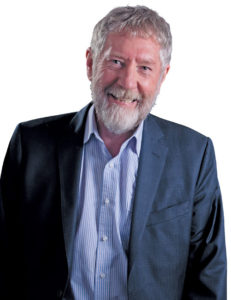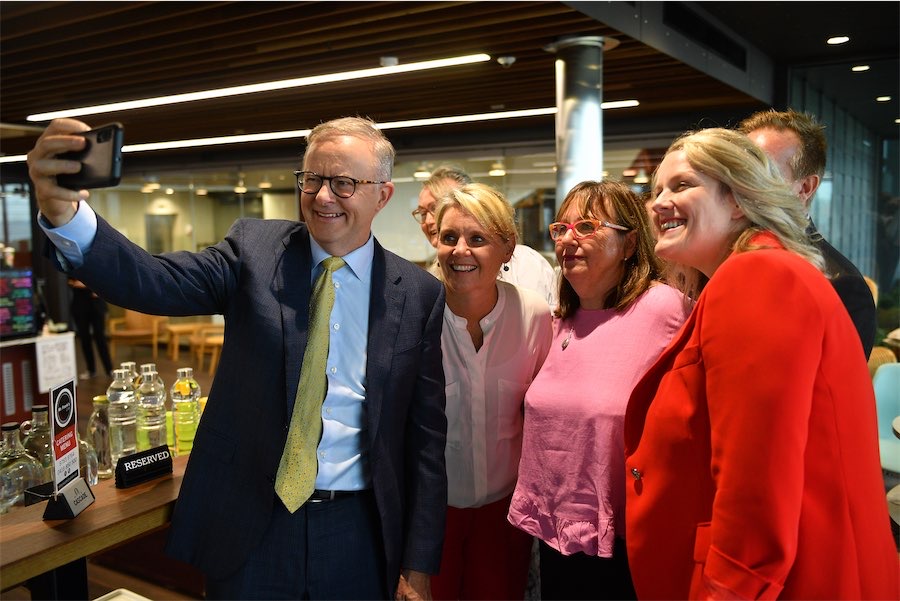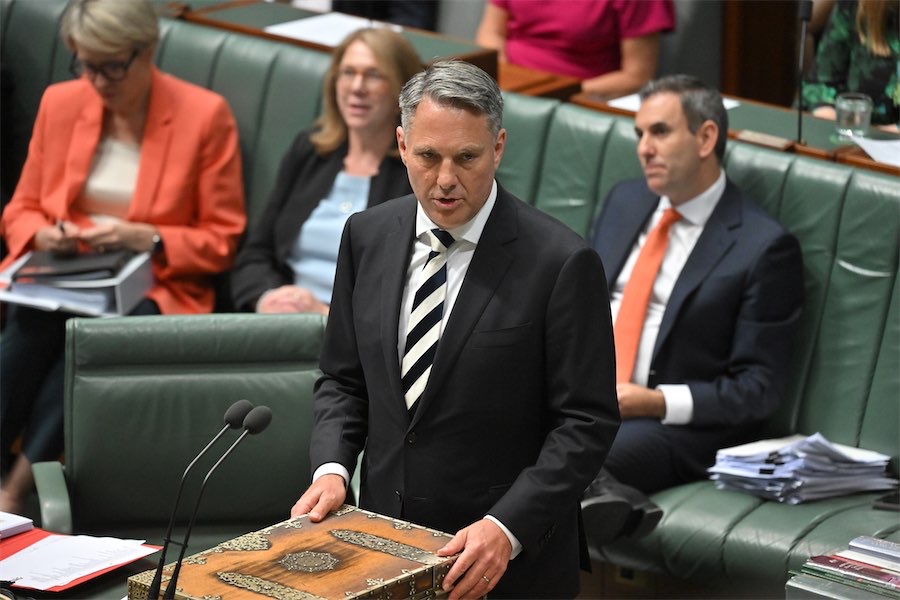“In an election year it should not be surprising that a government that has been in power for nearly two decades is intent on finding ways to illustrate they care about Canberrans. Delivering on that intent may well be another issue,” writes political columnist MICHAEL MOORE.
The ACT government has begun the election year with some strident examples of improving life for Canberrans. However, voters should keep in mind that the way to (political) hell is paved with good intentions.

Chief Minister Andrew Barr introduced initiatives “focused on saving money for drivers in the ACT”. The first foray is to reduce the slug that Canberrans take with petrol prices and to reduce the costs of our third-party injury insurance scheme.
Both examples are fraught with challenges. Third party insurance, according to the Chief Minister, can be adjusted so that “Canberrans will receive fairer, faster and more comprehensive support if they are injured in a motor vehicle accident through the ACT’s new Motor Accident Injuries Scheme”. This is the promised legislation that took effect at the start of February.
The Chief Minister explained that the savings to locals will be just less than $200 on motor vehicle insurance renewals. Premiums set by private insurance companies, he explained, have been as high as $644. The new Motor Accident Injuries Scheme will mean the average passenger vehicle premiums will be $458.
By introducing what the government describes as a “community rated” scheme they are attempting to provide a more equitable and a more affordable system, especially by reducing the premiums for younger and older drivers.
A number of representative lawyer groups consider government hopes for the scheme simply gilding the lily. Amber Wang, the ACT president of the Australian Lawyers Alliance, pointed out that the savings on premiums for some would be “as low as $14”. She went further arguing that the threshold for a common law case is now set at 10 per cent impairment.
The current system is specifically designed to reduce litigation and the legal costs associated with vehicle-related injury. It is, therefore, not surprising that legal associations are concerned with the new legislation. It does have an impact on the projected incomes of the legal profession. However, that does not invalidate their arguments.
Under the new scheme payments for up to five years will be much easier. However, the downside is, according to Ms Wang, that “compensation for all should not come at the cost of those who were injured through no fault of their own”. These have been the type of people who have fared well under the previous system. However, it is these same people who have pushed the costs, and consequently, the premiums much higher.
For those very seriously injured, the legislation does allow common-law compensation provided there is 90 per cent impairment. Who decides? There are many examples of citizen frustration with ACT government decision making. However, one of the concerns raised by president of the ACT Law Society, Chris Donohue, is that the decisions regarding their ability to receive income replacement as well as treatment and care will be arbitrarily determined at the discretion of insurance companies.
Of course, all administrative decisions are able to be challenged. However, the bar has been set very high for people, who through no fault of their own, are seriously injured and deserve significant compensation. They will have to do so without legal representation before the ACT Civil and Administrative Tribunal if they wish to dispute an insurer’s decision. It is hardly equitable for an injured person to have to argue against an experienced representative of an insurance company.
The second election sweetener mentioned is the Barr government’s intention to reduce petrol prices for Canberrans should be welcomed. The approach has been tried before and provided only a temporary reprieve. The goal is to introduce more competition and let the market force prices down. In December Mr Barr “wrote to independent retailers that operate in NSW to encourage them to enter the ACT market”. He pointed out that some new retailers were already operating and he is encouraging even more to do so.
The government will also monitor fuel prices and attempt to deliver this information to motorists in “real time”.
In an election year it should not be surprising that a government that has been in power for nearly two decades is intent on finding ways to illustrate they care about Canberrans. Delivering on that intent may well be another issue.
Michael Moore is a former member of the ACT Legislative Assembly and an independent minister for health. He has been a political columnist with “CityNews” since 2006.
Who can be trusted?
In a world of spin and confusion, there’s never been a more important time to support independent journalism in Canberra.
If you trust our work online and want to enforce the power of independent voices, I invite you to make a small contribution.
Every dollar of support is invested back into our journalism to help keep citynews.com.au strong and free.
Thank you,
Ian Meikle, editor





Leave a Reply